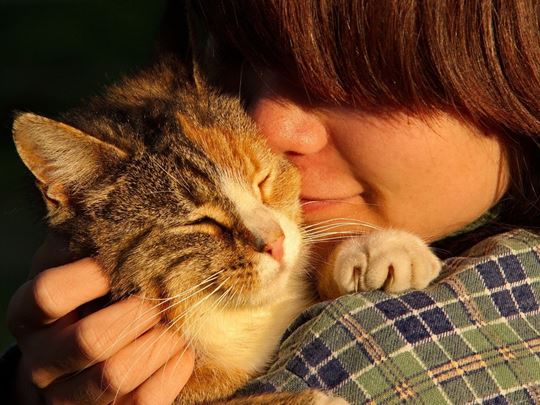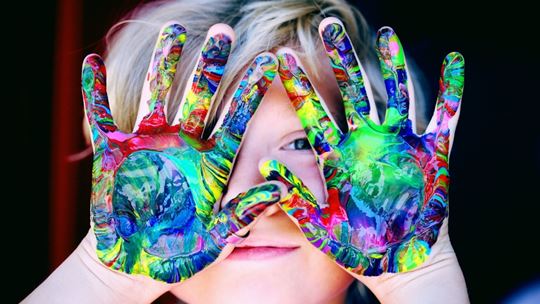Dogs, cats, rabbits and guinea pigs are not just cute companions, they’re also great for helping autistic children with their social and emotional development. If you’re fostering a child with autism, here’s how pet therapy can have a positive impact on their wellbeing.
How animals can help autistic children
Children with autism spectrum disorder (ASD) can face a number of challenges in life. From speech and language delays to sensory processing disorders, people with ASD experience the world differently, which means they often struggle with day-to-day activities.
For autistic foster children entering a new home, it could feel overwhelming and they may find it difficult to adapt to the changes in environment and also meeting new people. Studies have shown that pets for an autistic child have a calming influence – even stroking an animal for 15 minutes can lower blood pressure by 15%! This is great news if you’re fostering a child with autism, as a furry friend would be able to soothe them when they’re feeling agitated or overwhelmed in certain situations.

The main benefits of pet therapy for an autistic child or children with disabilities are:
- Helping to reduce stress and anxiety.
- Helping to improve social skills as children feel more relaxed around their pet.
- Helping with language development and communication skills as the child speaks, plays and communicates with their pet.
- Teaching kids about empathy and how to care for something.
- Helping to reduce the frequency of or prevent autistic ‘meltdowns’.
- Encouraging independence as the child could feel more comfortable going into new places with their animal.
- Providing routine, stability and security, which is great for people with ASD who thrive in a routine-led environment.
- Giving children with disabilities and autism a sense of responsibility and pride.
- They don’t judge and are a friendly companion for life.
Dogs for autism therapy
Dogs have been man’s best friend for thousands of years, and it’s not hard to see why. They love to please their owners, are extremely loyal and are super clever too! Obviously, each dog has its own personality but on the whole, they’re loveable companions. This is why many people consider them the best pet for an autistic child.
If you’re fostering autistic children and are considering pet therapy, a dog has many benefits:
- They can be trained to apply weighted pressure when your foster child is extremely distressed. This is a grounding technique that helps calm autistic children during a meltdown.
- The act of licking is also known to be a calming influence during moments of severe upset.
- If a child with autism is prone to inflict harm on themselves during a meltdown, dogs can be trained to use their paws and body as a blocker to prevent the child from hurting themselves.
- Dogs don’t speak our language either, which means they’re great for kids who communicate non-verbally. They will find other ways to interact, creating a strong, unique bond.

Autism Support Pack for Foster Parents
Download the FCA’s Autism Support Pack. Learn more about the common misconceptions made about children with ASD and how to adapt your home and surroundings to children with autism.
4 best pets for autistic child
It’s important to remember that when you’re fostering a child with disabilities, you consider what’s best for them. Here are our picks for the best pet for an autistic child.
Dogs
As we’ve discussed, dogs are a popular pet for autistic kids. They help to improve social skills as they act as a ‘social lubricant’ - so many people are naturally drawn to dogs and they make for an easy conversation starter. Loyal, loving and playful, a dog can easily become part of the family.
Cats
Some autistic children prefer cats, especially if they find dogs too high energy and overwhelming. Cats are more independent than dogs, which can benefit people with ASD who like their own space. It’s best to get an adult cat with a placid and predictable temperament.
Guinea pigs
Research showed that autistic children who were allowed to play and interact with guinea pigs were much calmer and had better social skills too. They're gentle and low maintenance, but the only downside is that they don’t live as long.
Rats
Before you say ‘how can an autistic child benefit from a pet rat’ in utter disbelief, please hear us out! Pet rats are extremely social and intelligent creatures. They love interacting with humans and playing games. It’s important you get two at a time though, as they get depressed when living alone. And, like guinea pigs, they don’t live as long either.
For helpful resources, autism support groups and more information about preparing to foster a child with autism, download our Autism Support Pack for Foster Parents. Or, you can get in touch and we’ll be happy to answer any questions you have.
